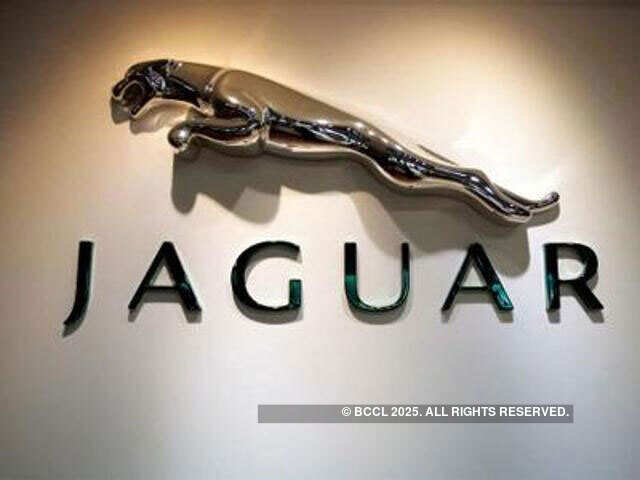
New Delhi: Tata Motors (TML’s) rating, which includes a one-notch uplift from its standalone rating of ‘BB’ on its linkage with Tata Sons (TSOL), reflects its position in the Indian commercial-vehicle market and the passenger-vehicle business, which is recovering after the success of new product launches in recent years, according to a Fitch Ratings statement.
TML’s rating also reflects that its 100 per cent-owned subsidiary Jaguar Land Rover Automotive’s (JLR, BB+/Stable) strong positioning in the premium segment and a financial profile that will remain solid even after considering substantial investments for capacity expansion and new technologies over the next few years.
JLR’s EBITDA accounted for more than 85% of TML’s consolidated EBITDA in the fiscal year ended 31 March 2017 (FY17).
The stable outlook by Fitch is based on gradually improving profitability and strong financial flexibility, which will help to meet significant investment requirements, especially in the JLR business, without any liquidity concerns and support TML’s leverage at a level commensurate with the current rating.
TML has strengthened its position in the Indian commercial-vehicle segment after product launches that addressed portfolio gaps and helped improve customer engagement. TML’s sales volume grew by 9% yoy in medium and heavy commercial vehicles and 23% in light commercial vehicles in FY18.
Its overall market share rose to 47.5% as of December 2017 from 44.4% as of March 2017, according to Society of Indian Automobile Manufacturers data. We expect demand for commercial vehicles to remain healthy in the next 12-18 months, supported by India’s improving economy and the government’s plans to ramp up infrastructure outlays.
TML’s strategy to increase its presence in different sub-segments has helped it regain some of its lost market share in India’s passenger-vehicle market despite intense competition. TML’s passenger-vehicle market share rose to 6.2% as of December 2017 from 5.2% as of March 2017 as the company’s volume gained 21% yoy in FY18.
TML’s sales volumes in the growing SUV market surged more than 150% in FY18 on good market reception of its new models, such as Nexon and Hexa. Fitch expects continued growth in TML’s passenger-vehicle business as the company is aiming to increase its product range to cover nearly 95% of the market by 2020 from about two-thirds currently.
Fitch expects TML’s margins to improve gradually over the medium term as the company benefits from increasing scale as well as steps to achieve cost savings. TML’s India business will benefit from healthy volume growth and its strategy to reduce the number of passenger-vehicle platforms, which will help to streamline costs and maintain profitability despite intense competition.
JLR’s profitability will be supported by model updates and new launches that will enable greater coverage across various market segments. JLR will also benefit from an increase in lower-cost production locations as its Slovakian plant ramps up after it is commissioned in 2018.
In Fitch’s view, these factors will help to counter the impact of higher costs arising from rising metal prices and tightening emission requirements globally.
JLR continues to benefit from its strong brand positioning in the premium segment and financial metrics. JLR is relatively small compared with other premium carmakers but its growth strategy has focused on improving portfolio breadth, especially in the high-growth SUV segment, and improving geographic diversification outside of the UK. JLR is also investing significantly to expand its offerings in non-conventional drivetrains. This will help mitigate risks associated with more challenging emission regulations. Robust growth in China and the new facility in Slovakia will help to counterbalance risks from Brexit.
Fitch expects TML’s sizeable investments in capacity expansion, vehicle architecture and new technologies to lead to negative free cash flow over FY18 and FY19 despite robust cash flows from operations. This includes about Rs40 billion-45 billion of annual capex for its Indian business, mainly for new launches of passenger vehicles.